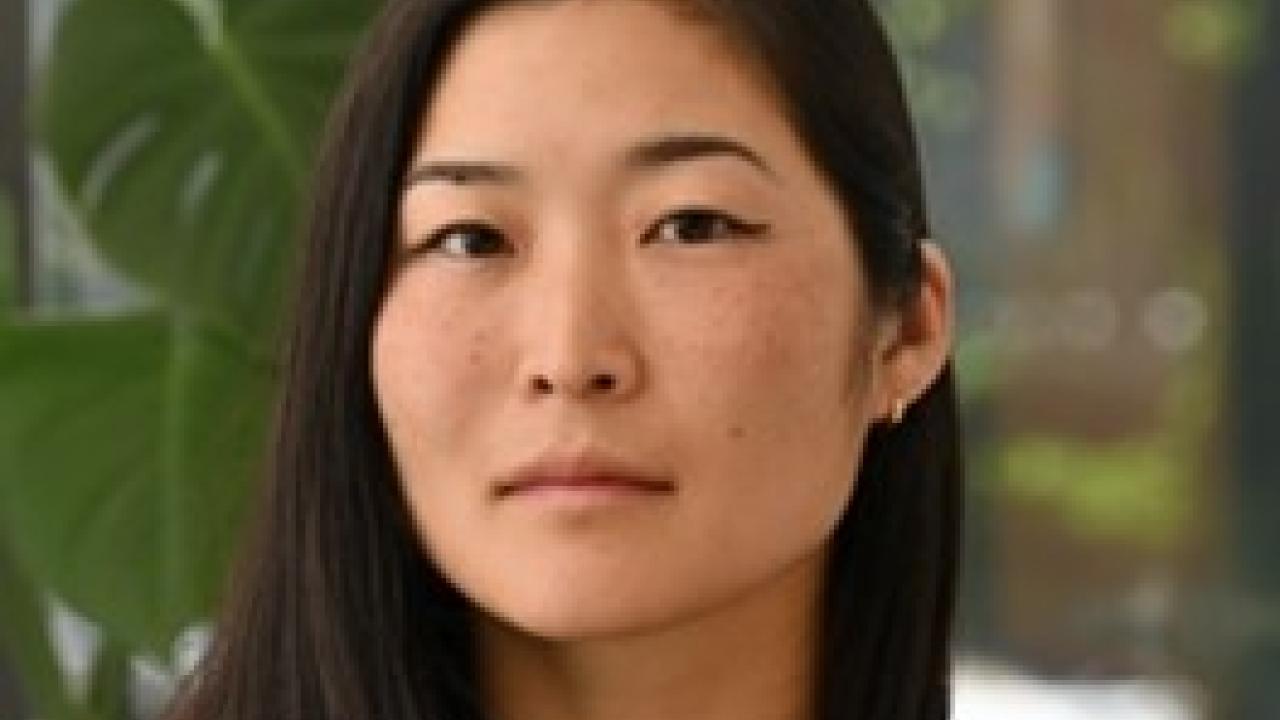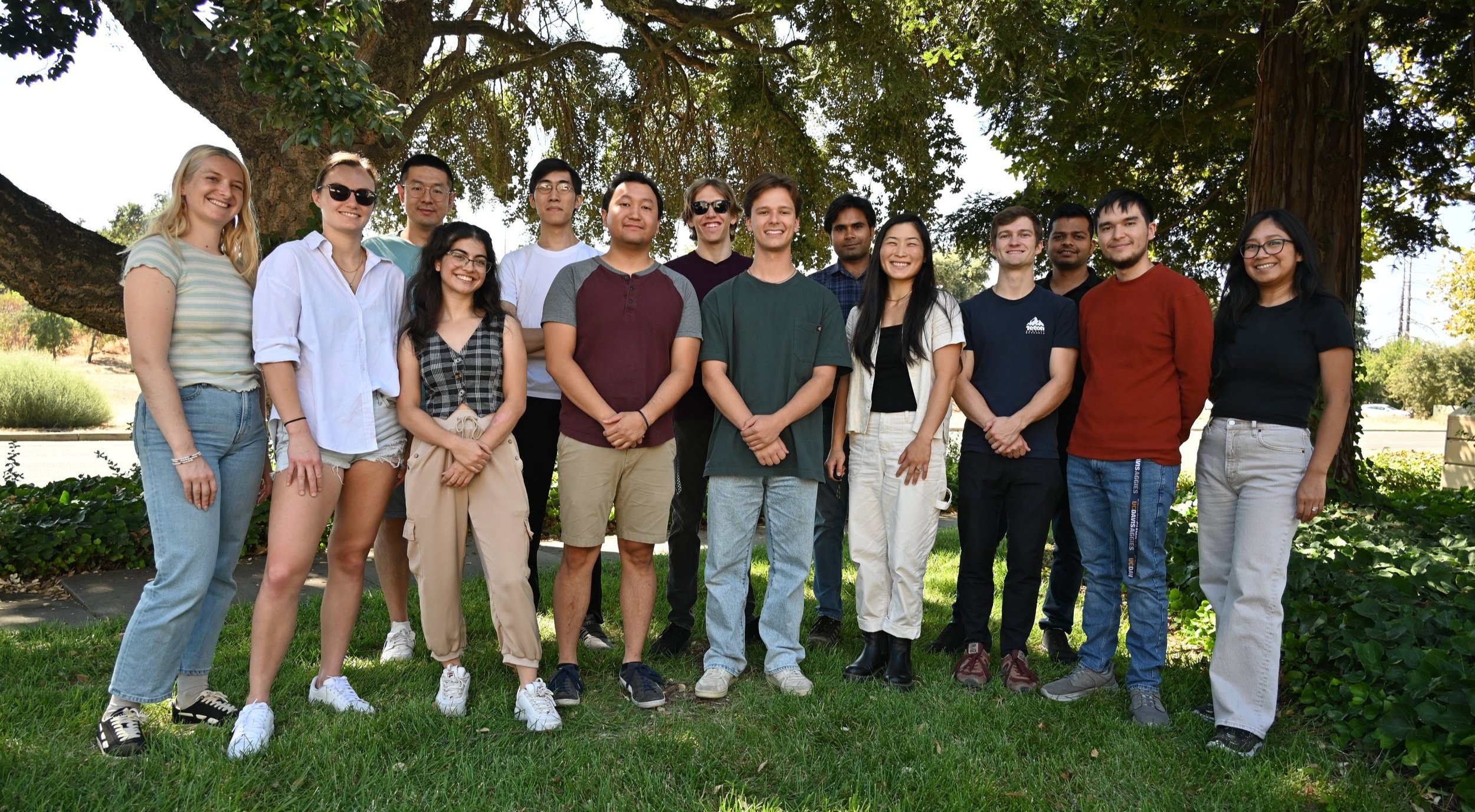
Faculty Spotlight: Assistant Professor Christina Kim, PhD
Dr. Christina Kim is Assistant Professor, Core Faculty of the Center for Neuroscience, Department of Neurology Affiliate Faculty, and Affiliate Faculty at the Center for Neuroengineering and Medicine at UC Davis.
- What is your background?
I received a B.A. in Molecular Biology and a Certificate in Quantitative and Computational Neuroscience from Princeton University. I then obtained my Ph.D. in Neuroscience at Stanford University, where I developed optical tools for recording and manipulating neuronal activity in mice. For my postdoctoral studies at Stanford, I engineered molecular circuits to detect and manipulate intracellular signaling in neurons.
I am now an Assistant Professor at UC Davis, where my lab engineers new technologies to link neuronal function with molecular characterization in vivo. My lab’s research is supported by a Burroughs Wellcome Fund Career Award at the Scientific Interfaces, the Searle Scholars Award, the Beckman Young Investigator Award, and the NIH Director’s New Innovator Award.
- What do you like to do when you are not in the lab or at work, i.e. not doing science?
When not in lab, I enjoy surfing and rock climbing.
- How do you describe your research?
Our research is a mix of molecular engineering and basic neuroscience. We engineer new proteins to detect when neurons are activated in animals. We use these tools to study the neural circuit mechanisms underlying behaviors associated with neuropsychiatric disorders, and also potential neurotherapeutics.
- What got you hooked on science? Who inspired you?
I got hooked on science as an undergraduate performing research in David Tank's lab. He had just designed a virtual reality system for mice, so that they could image their brain activity while the mice learned various tasks in a virtual environment. This was so creative and cool, and this experience really kick-started my career in research.
- Please share a less-than-perfect experience, like a failure or a challenge.
I love to share with students how I completely changed my entire PhD dissertation about 4 years into my training. I came in pursuing one set of experiments and challenges, but the technology was not quite there yet to allow me to do the experiments I wanted to achieve. I pivoted to an entirely new brain region and behavioral task and made it work.
- And how about a favorite success?
A really special moment for me was when our lab published our paper “Rapid, biochemical tagging of cellular activity history in vivo” earlier this year in Nature Methods. I think getting to watch your trainees enjoy this monumental achievement is hard to beat.
- Do you have a favorite piece of advice for students interested in neuroengineering?
I would say not to be afraid to be ambitious and creative, but also to understand that science is very fluid and sometimes requires pivoting from your original plans. A level of flexibility can be really useful, and as you go through your career, you'll find what the best balance is for you.

The Kim Lab will be moving to Princeton University in January 2025, as an affiliate with the Princeton Neuroscience Institute and the Omenn-Darling Bioengineering Institute.
